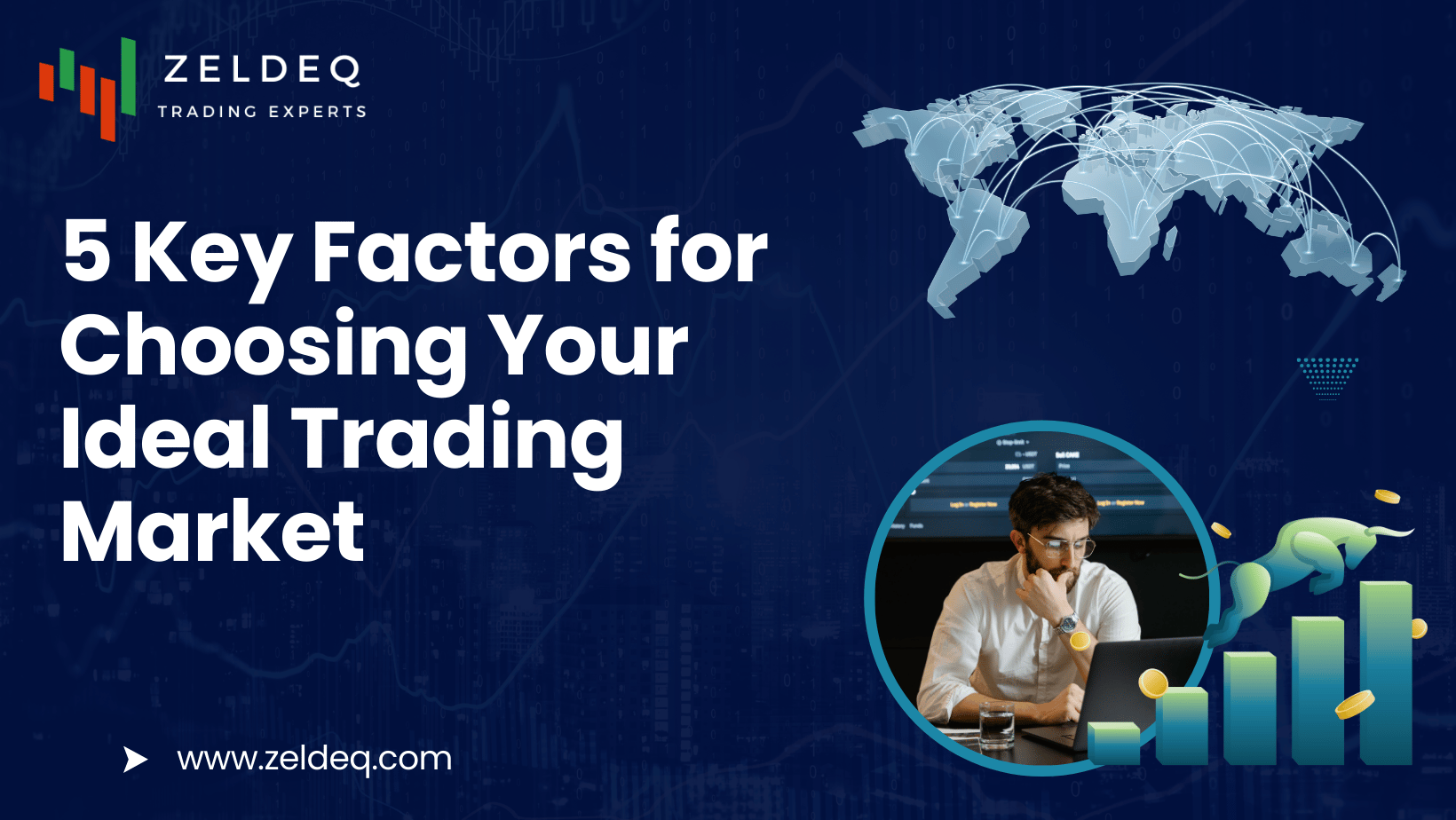Table of Contents
- Understanding Your Investment Goals
- Market Liquidity
- Regulatory Environment
- Available Trading Instruments
- Costs and Fees
Choosing the right trading market can significantly impact your investment journey. With countless options available, it’s essential to identify which market aligns best with your goals and risk tolerance. Below, we unpack five key factors to consider when selecting your ideal trading market.
Understanding Your Investment Goals
Before diving into any market, clarify your investment objectives. Are you looking for long-term growth, short-term profits, or perhaps a combination of both? Understanding your goals will guide your choice of market.
Key Considerations:
- Time Horizon: Determine if you are investing for the short, medium, or long term. Long-term investors may prefer stable markets like stocks or real estate, while day traders may gravitate toward more volatile environments, like Forex or commodities.
“The time horizon is as crucial as the investment itself. Aligning your strategy with your time frame is key.”
- Risk Tolerance: Assess how much risk you can comfortably take on. High-risk markets may offer the potential for higher returns but can also lead to significant losses.
- Income Needs: If you require regular income from your investments, consider markets that offer dividend-paying stocks or interest-bearing bonds.
FAQs:
- What if my goals change over time?
It’s not uncommon for investment goals to evolve. Regularly review your portfolio and adjust your market selections accordingly.
- How can I clarify my investment goals?
Consider speaking with a financial advisor or using online tools to assess your risk tolerance and investment priorities.
Market Liquidity
Liquidity refers to how easily assets can be bought or sold in a market without causing a significant price change. Markets with high liquidity typically allow for smoother transactions, which can be beneficial for traders.
Why Liquidity Matters:
- Trade Execution: High liquidity ensures that you can enter and exit positions quickly, minimizing slippage.
“In trading, timing is everything. High liquidity can be your ally in executing trades at the desired price.”
- Price Stability: In liquid markets, prices are less likely to be manipulated or influenced by large trades.
| Market Type | Liquidity Level | Ideal For |
|---|---|---|
| Forex | High | Day traders, Scalpers |
| Stocks | Varies | Long-term investors |
| Commodities | Moderate | Swing traders |
| Cryptocurrencies | Varies | Speculators |
FAQs:
- How can I check the liquidity of a market?
- Look at trading volume and bid-ask spreads; these are good indicators of market liquidity.
- Is high liquidity always better?
- Not necessarily. Some investors might prefer less liquid markets for potential opportunities, though this comes with increased risk.
Regulatory Environment
The regulatory framework of a trading market plays a crucial role in ensuring safety and fairness. A well-regulated market can provide a sense of security for investors.
What to Look For:
- Regulatory Bodies: Check if the market is overseen by reputable organizations (e.g., the U.S. Securities and Exchange Commission for stocks).
“A strong regulatory environment enhances investor confidence. It’s an essential pillar of market integrity.”
- Compliance Standards: Ensure that the market adheres to transparency and reporting standards.
Resources:
FAQs:
- How do regulations differ between markets?
- Different countries have different regulatory standards. Research the specific regulations applicable to your chosen market.
- What happens if a market is poorly regulated?
- Poor regulation can lead to greater risks of fraud and manipulation, potentially jeopardizing your investments.
Available Trading Instruments
Different markets offer a variety of trading instruments, each with unique characteristics. Understanding these options can help you diversify your portfolio.
Common Instruments Include:
- Stocks: Ownership in a company, typically for long-term growth.
“Investing in stocks is like owning a piece of the company. Choose wisely!”
- Bonds: Debt securities that provide fixed interest income.
- Forex: Trading currencies, ideal for short-term strategies.
- Commodities: Physical goods like gold and oil, often used for hedging.
- Cryptocurrencies: Digital assets with high volatility and potential for high returns.
| Instrument | Risk Level | Investment Horizon |
|---|---|---|
| Stocks | Moderate | Long-term |
| Bonds | Low | Medium to long-term |
| Forex | High | Short-term |
| Commodities | Moderate | Varies |
| Cryptocurrencies | Very High | Short to medium-term |
FAQs:
- How do I choose the right instruments for my strategy?
- Evaluate your risk tolerance and investment goals, then select instruments that fit your profile.
- Can I trade multiple instruments at once?
- Yes, many traders diversify their portfolios by trading multiple instruments across different markets.
Costs and Fees
Understanding the costs associated with trading in a particular market is essential. Fees can eat into your profits, so being aware of what you’ll be charged is crucial.
Cost Considerations:
- Commission Fees: Charged per trade, these can vary widely between brokers.
“Every penny counts in trading. Ensure you’re aware of all commissions before making trades.”
- Spread: The difference between the buy and sell price; lower spreads typically mean lower costs.
- Account Maintenance Fees: Some brokers charge fees for holding accounts, particularly if certain conditions aren’t met.
| Cost Type | Description | Impact on Trading |
|---|---|---|
| Commission Fees | Fees per trade | Can increase trading costs |
| Spread | Buy-sell price difference | Affects profit margins |
| Maintenance Fees | Monthly or annual fees | Reduces overall returns |
FAQs:
- How can I minimize trading costs?
- Compare brokers and their fee structures before choosing one. Look for those offering low commissions and favorable spreads.
- Are there any hidden fees to watch out for?
- Always read the fine print. Some brokers may have hidden fees for withdrawals or inactivity.
Conclusion
Choosing the right trading market is a multifaceted decision influenced by your investment goals, the market’s liquidity, regulatory environment, available instruments, and associated costs. Take time to evaluate each of these factors to find a market that best aligns with your financial aspirations.
By arming yourself with knowledge and conducting thorough research, you’ll be well on your way to making informed decisions in your trading journey. Happy trading!
Also look for:
Top 5 Trading Instruments Every Beginner Should Know
10 Essential Steps to Start Trading Successfully 2024
Top 5 Trading Ethics Every Trader Should Follow 2024
Top 5 Trading Regulations You Need to Know 2024


